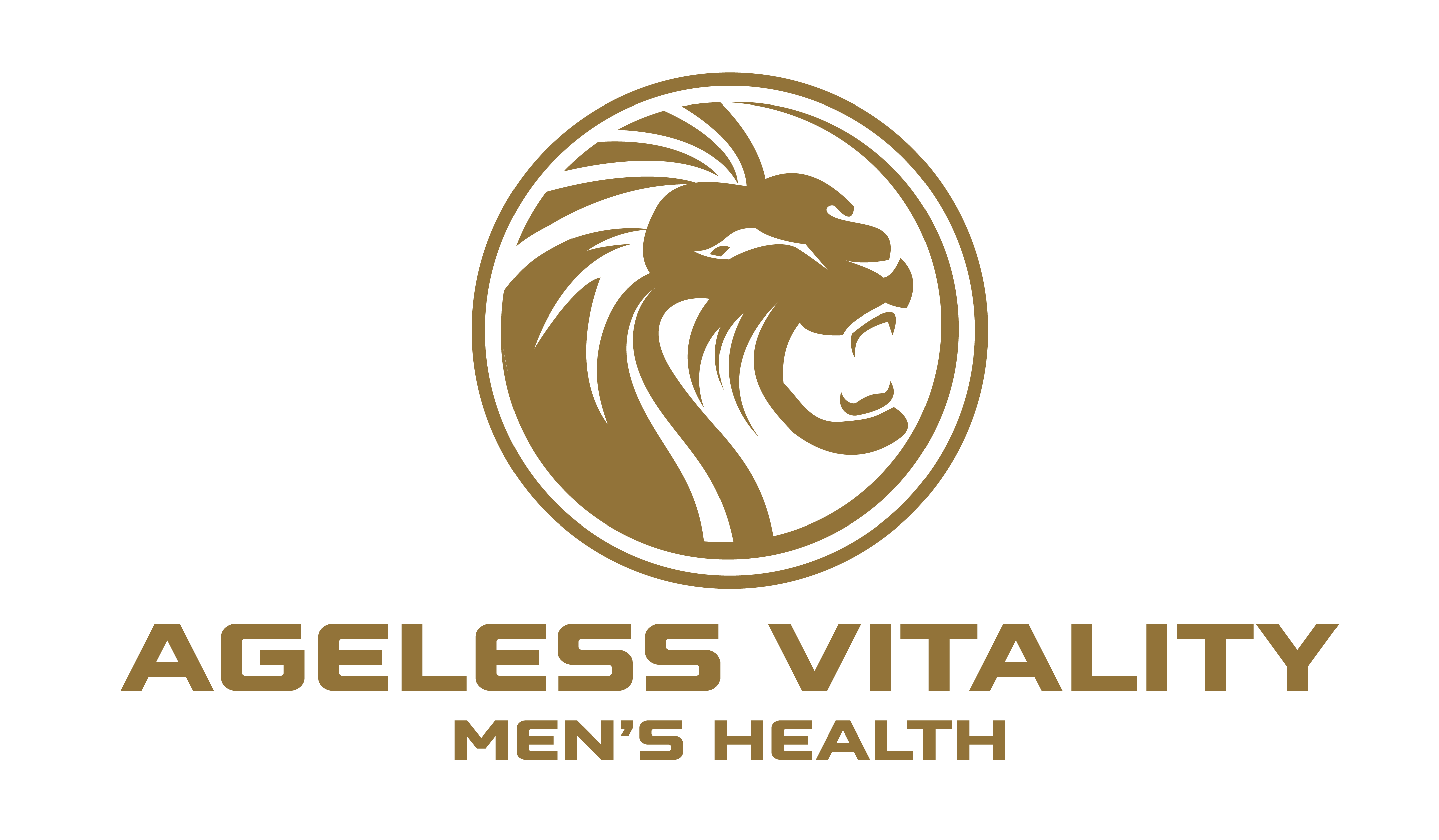A diminished sex drive, or low libido, is a common concern for many men, impacting their relationships and overall well-being. While various factors can contribute to low libido, one often-overlooked culprit is low testosterone. This hormone, vital for male sexual development and function, plays a crucial role in maintaining a healthy sex drive.
The Role of Testosterone in Libido
Testosterone isn’t just about physical changes during puberty; it actively influences sexual desire throughout a man’s life. It affects:
- Sexual thoughts and fantasies: Testosterone fuels the brain’s reward centers, influencing the frequency and intensity of sexual thoughts and fantasies. Lower levels can lead to a decrease in sexual interest and arousal.
- Erectile function: While not the sole determinant, testosterone plays a vital role in achieving and maintaining an erection. Low testosterone can lead to erectile dysfunction (ED), further contributing to low libido.
- Hormonal balance: Testosterone interacts with other hormones to regulate sexual function. Imbalances in these hormones can disrupt the complex interplay needed for a healthy sex drive.
- Energy levels: As discussed previously, low testosterone can lead to fatigue and decreased energy levels. Feeling tired and sluggish can significantly impact sexual desire and performance.
Beyond Testosterone: Other Contributing Factors
It’s crucial to remember that low libido isn’t solely caused by low testosterone. Other factors can significantly influence sexual desire, including:
- Stress: Chronic stress can suppress libido.
- Relationship issues: Problems within a relationship can impact sexual intimacy.
- Medications: Certain medications can have low libido as a side effect.
- Underlying medical conditions: Conditions such as diabetes, heart disease, and depression can affect sexual function.
- Mental health: Anxiety and depression can significantly reduce sexual desire.
- Lifestyle factors: Poor diet, lack of exercise, and insufficient sleep can all contribute to low libido.
Connecting the Dots: Low Testosterone and Low Libido
While low testosterone can certainly contribute to low libido, it’s crucial to consult a healthcare professional to determine the underlying cause. A doctor can assess your overall health, consider other contributing factors, and conduct necessary tests, including a blood test to measure your testosterone levels.Diagnosis and Treatment:If low testosterone is identified, treatment options might include:
- Testosterone Replacement Therapy (TRT): TRT aims to restore testosterone levels to a healthy range, potentially improving libido and other associated symptoms. It’s essential to remember that TRT should only be undertaken under strict medical supervision due to potential side effects.
- Addressing other contributing factors: Lifestyle modifications, stress management techniques, and treatment for underlying medical conditions can significantly improve libido..

